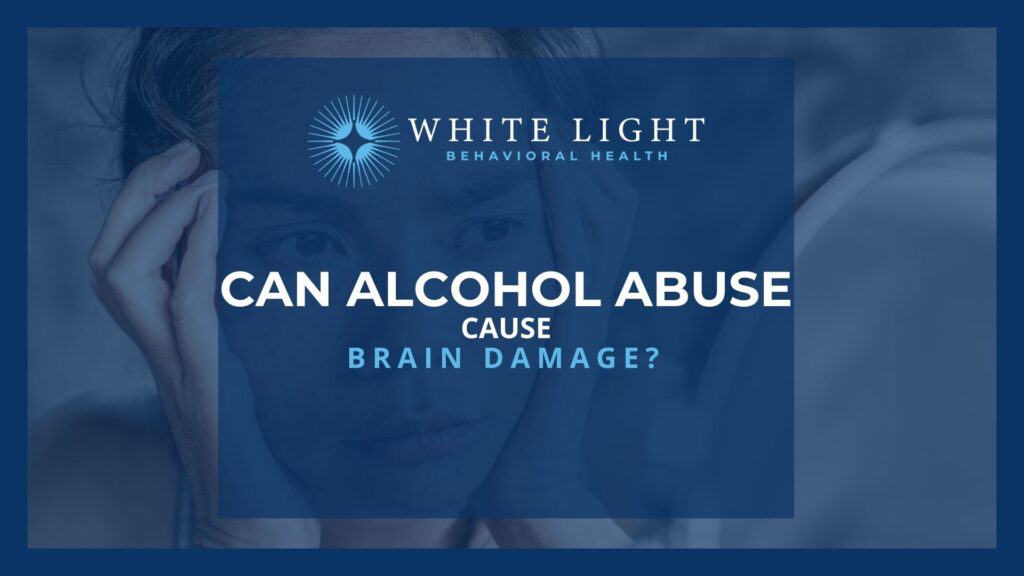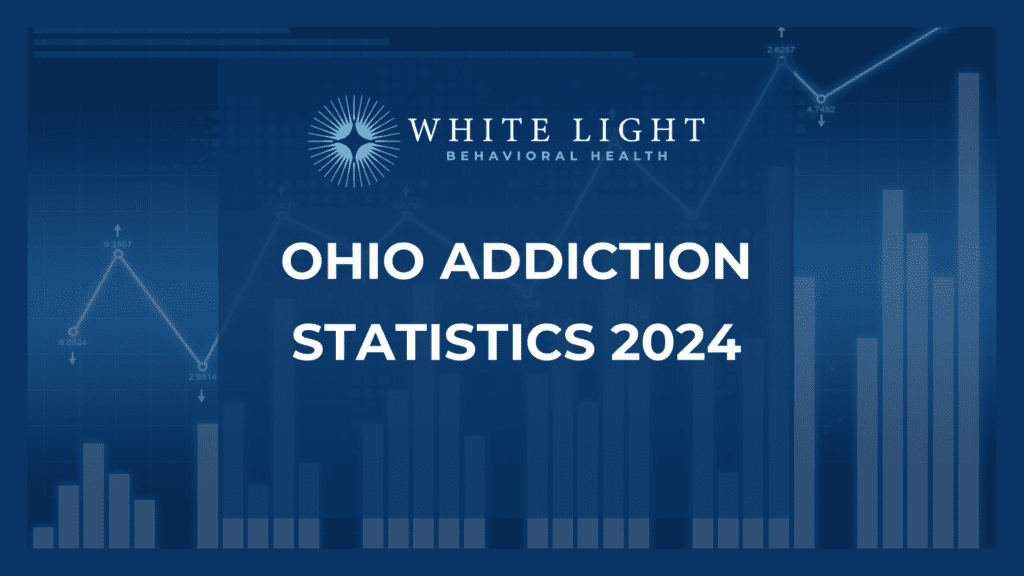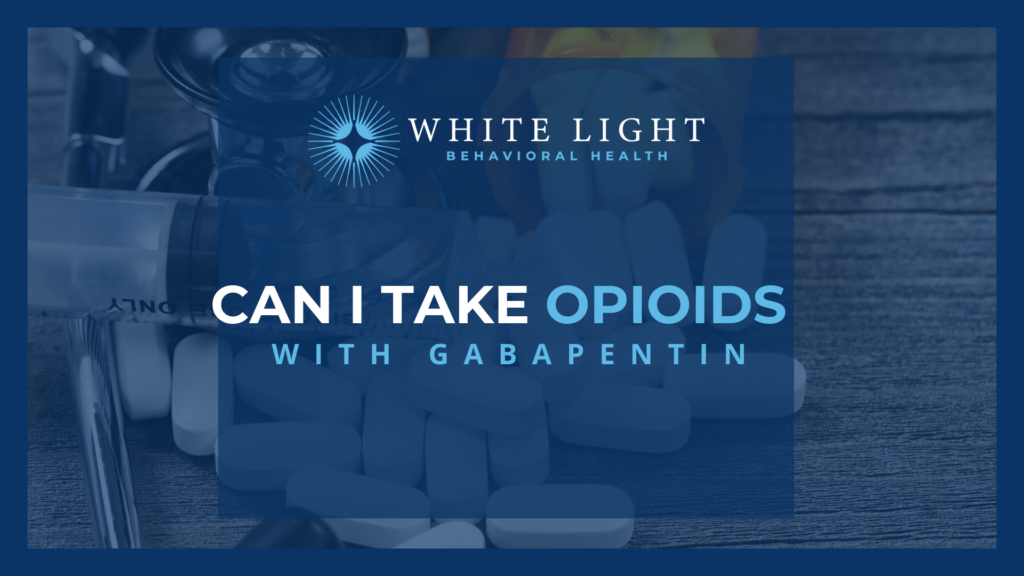The Link Between Alcohol Misuse and Brain Damage
Most people understand that serious alcohol-related brain damage can happen if they drink heavily for many years. However, what is surprising to many is that negative effects on the brain could begin after just a few sessions of heavy drinking.
How Alcohol Impacts Brain Function
Alcohol use disorder is linked to many diseases, injuries, and conditions. Alcohol, in general, is the cause of more than 18% of emergency department visits and over 22% of overdose deaths. Each year over 140,000 people die from alcohol-related causes in the United States as per a study of the National Institute on Alcohol Abuse and Alcoholism updated in 2024.
Heavy drinking can take several years to cause diseases such as alcohol-related brain damage (ARBD). However, the negative impact of alcohol on the brain can begin after just a couple of drinks. When a person consumes alcohol, they will start to feel the depressant effects of alcohol. Since your brain controls your entire body, the impairing effect of alcohol starts to impede the way your body normally functions.
After a couple of drinks, it can be difficult for a person to walk. Their vision becomes blurred, their memory is compromised, and their reaction time slows. According to the Centers for Disease Control and Prevention, If a person drinks heavily or binge drinks, they can quickly and permanently damage their nervous system and brain.
Why Alcohol-Related Brain Damage Develops
Alcohol is both a toxin and a psychoactive substance. It has properties that can produce dependence in certain individuals. However, in many societies, the consumption of alcoholic beverages is part of the social landscape. Alcohol frequently accompanies socializing. As such, many people ignore the social and health damage that can be attributed to excessive alcohol consumption.
When a person consumes alcohol, it goes from their stomach and their intestines to their bloodstream. Alcohol immediately begins to affect different organs. For example, the liver’s ability to process alcohol becomes impaired. As a result, excessive alcohol travels from the liver to other body parts, including the central nervous system, the heart, and the brain. Alcohol can cross the blood-brain barrier, impacting the brain’s neurons directly.
Each person has over 100 billion interconnected neurons in their central nervous system and brain. Since alcohol is a toxic substance, when it is consumed in excess, it can damage and even kill neurons.
Alcohol is a depressant. It slows down the speed of the signals that travel between neurons. It also impairs processes that are controlled by the cerebral cortex and the cerebellum. Alcohol can slow neurotransmitters. This is why when people drink too much their speech becomes slurred, and their reaction time diminishes.
On the side of the coin, alcohol causes the body to release glutamate neurotransmitters at a rapid pace. These transmitters regulate the dopamine in the brain’s reward center. This is why people feel relaxed, warm, and fuzzy when they drink.
The short-term effects of alcohol can be potentially dangerous on their own. However, what makes them even more dangerous is that they can hide the long-term damage that alcohol causes. When a person drinks excessively and blacks out, they can experience short-term memory loss and the destruction of brain cells. If a person repeatedly drinks to the point of blacking out, the damage can become so severe that the brain loses its ability to hold on to new memories.
For example, a person might be able to talk with somebody about events that happened months ago. However, they may not remember that conversation a few hours later.
Different Types of Alcohol-Related Brain Damage
Owing to the complexity of the human brain, alcohol-related brain damage can present itself in several ways. One is alcohol-related dementia.
The symptoms of this condition are very similar to those of Alzheimer’s disease. A person with alcohol-related dementia will find it difficult to complete day-to-day tasks. They may experience memory loss and difficulty solving problems. They will likely find complex tasks, like managing their finances, challenging. It can reach the point where they cannot do simple things, such as preparing a meal.
Alcohol amnestic disorder is characterized by the inability to learn new information or to form new memories. A person may experience personality changes or find themselves making up stories to fill in spaces in their memory. Hallucinations or seeing things that are not there are other symptoms of this syndrome.
Wernicke-Korsakoff syndrome is a neurological disorder linked to the lack of vitamin B1. Symptoms include memory loss, tremors, vision problems, and disorientation. The condition develops because nerve cells and brain and spinal cord supporting cells are damaged from excessive drinking and the vitamin deficiencies that come with consuming excessive amounts of alcohol for an extended period.
Frontal lobe damage can be devastating as the frontal lobe is key to forming ideas, planning, self-control, and making decisions. When alcohol negatively impacts the frontal lobe, people can find it difficult to control their urges and emotions. They may act out without thinking about it, often in violent or sexually inappropriate ways.
Hepatic encephalopathy is where the liver has been seriously damaged by alcohol consumption. As a result, it cannot remove harmful substances from the blood. Ammonia and other potentially dangerous chemicals build up in the blood, damaging the brain. The symptoms of this disease can be mild or severe enough to include sleepiness, confusion, forgetfulness, and personality changes.
Why Does ARBD Happen?
ARBD happens for several reasons. First, the toxic nature of alcohol makes it dangerous to consume in large doses as it damages brain cells. When a person drinks to the point of intoxication, they may be more prone to get into fights or fall. Both can lead to severe brain injuries.
Also, alcohol is a diuretic. It makes a person urinate with greater frequency. This can lead to dehydration, which can shrink or destroy brain cells.
Vitamin B1 absorption is diminished with excessive alcohol consumption. Vitamin B1 is important as it is a key building block of the brain. Excessive alcohol consumption can cause a person to lose their appetite. As a result, they’re not eating enough, nor are they getting the nutrients they need, including vitamin B1. Drinking too much alcohol can lead to systemic inflammation and vomiting. This also impacts a heavy drinker’s ability to pull the nutrients they need from their food.
Heavy drinking affects a person’s metabolism. The functioning of their heart and cardiovascular system can be impaired, leading to high blood pressure and increased risk for heart attacks, high cholesterol levels, and strokes, all of which can lead to brain damage.
When a person with alcohol use disorder or addiction stops drinking, they may go through withdrawal, which can damage the brain. It takes some time for the body’s chemistry to readjust to functioning without alcohol.
How Long Does It Take to Develop ARBD?
Each person is different, and how they are affected by alcohol is unique. So, there is no one-size-fits-all formula for determining the length of time a person will need to excessively use alcohol before developing ARBD. However, the more alcohol that a person consumes and the longer they drink, the greater the chances are that they will develop some type of ARBD.
Some research shows that men who consume more than 50 units of alcohol in a week, the equivalent of 20 pints of beer or five bottles of wine, have an increased chance of developing brain damage. For women, it’s 35 units of alcohol or the equivalent of 3.5 bottles of wine or 14 pints of beer.
Most people who are diagnosed with ARBD are in their 50s or 60s. However, there is an increasing trend of this disease being seen in individuals who are in their 30s or 40s.
Women are more vulnerable than men when it comes to developing alcohol-related brain damage. The same is true regarding nerve, heart, and liver damage. A person who begins drinking when they’re young and continues to drink heavily as they get older has an increased risk of developing the condition.
How Is ARBD Diagnosed?
ARBD is diagnosed when a person has impaired reasoning, thinking, or memory issues that are severe enough to impact their life. This must be accompanied by a history of alcohol use disorder spanning several years. To differentiate alcohol-related brain damage from other progressive diseases that impact a person’s mental well-being, such as dementia, the person will need to be monitored to see if their condition stabilizes when drinking is stopped. If progressive dementia is ruled out as a diagnosis, treatment for ARBD can commence, including improving diet and exercise levels and normalizing vitamin levels.
Early diagnosis and early treatment are key to helping a person regain some brain function. Older drinkers or those who have experienced more notable cognitive changes are less likely to experience a full restoration of their brain function once they stop drinking. However, even a short amount of abstinence can correct some of the cognitive impacts of heavy drinking for people who stop. If abstinence is sustained for several years, recovery will continue.
Alcohol-Related Brain Damage in Infants
Alcohol-related brain damage may be seen in infants who were subjected to alcohol while their mother was pregnant. As per a report by Ridley NJ published in the National Library of Medicine, There is no such thing as a safe level of alcohol to consume during pregnancy, owing to the risk of fetal alcohol syndrome.
Alcohol will quickly travel through the umbilical cord to the fetus. Since the fetus’s body is undeveloped, it cannot process the toxic substance properly. Fetal alcohol syndrome can lead to stillbirth, miscarriage, and developmental disorders, including small head size, hyperactivity, low IQ, and bone disorders.
The Challenge of Getting an Accurate Diagnosis
It can be a challenge to diagnose ARBD for several reasons. First, many clinicians do not know that this condition exists. As such, they might mistake it for Alzheimer’s, dementia, or mental illness. Additionally, ARBD has multiple symptoms and causes. The diagnosis must be performed by someone familiar with the different sides of this condition.
There is no single tool that can be used to diagnose ARBD. The screening tools used for types of dementia might not produce an accurate diagnosis. It can also be challenging to separate the long-term effects of alcohol on the brain from the short-term effects of withdrawal or intoxication. The best time to diagnose someone is if they have been absent from alcohol for several weeks.
Social factors can also make gaining an accurate diagnosis a challenge. For example, people with ARBD may be alienated from family and friends. When they come in for medical care, they may not have someone who knows their situation well or explains their medical history accurately.
Additionally, a person with ARBD may lack the situational awareness to understand their problem. They may be less inclined to seek help because they cannot tell if something is wrong. Most individuals with alcohol use disorder do not seek assistance from alcohol services, so they may continue to consume alcohol thereby making their ARBD symptoms worse.
Treating ARBD
ARBD encompasses various conditions caused by heavy drinking. Various treatments are used to help different people based on the type of brain damage that they have experienced. It is key to get the right diagnosis so that treatment can match the person’s needs.
At White Light Behavioral Health, we pride ourselves on providing best-in-class treatment in the state of Ohio. We offer a full continuum of treatments for clients with substance use disorders. We have detox and inpatient programs that allow our guests to receive the highest standard of clinical experience in a safe, respectful, compassionate environment.
Typically, treatment is divided into five phases, beginning with physical stabilization and withdrawal. First, we will guide you through your detox in a medically safe and stable environment and ensure that you are as comfortable as possible.
The next phase is a psychosocial assessment, followed by therapeutic rehabilitation. Adaptive rehabilitation allows a person to regain a good quality of life. Finally, social integration and relapse prevention help individuals build relationships and social networks that will nurture them moving forward.
Living With ARBD
Each person’s experience with ARBD is unique. However, with the help of caregivers and support workers, they can often find ways to deal with the challenge.
Alcohol use disorder can have a powerful and detrimental impact on a person’s physical, emotional, and mental well-being. Thankfully, there are programs in place that can help a person battling with alcohol use disorder control their life and prevent, minimize, or halt brain damage caused by long-term alcohol abuse.
Can alcohol abuse cause memory loss and cognitive impairment?
Yes, chronic alcohol abuse can indeed lead to memory loss and cognitive impairment. Excessive alcohol consumption can damage the hippocampus, a part of the brain crucial for memory formation, as well as other regions involved in cognitive function. This damage can manifest as difficulties with learning, retaining information, and making decisions.
How does alcohol abuse affect brain development in teenagers?
Alcohol abuse during adolescence can have severe consequences on brain development. Since the teenage brain is still maturing, alcohol exposure can disrupt this process, leading to long-term cognitive deficits, impaired decision-making skills, and increased susceptibility to addiction later in life.
How does addiction affect mental health?
Addiction can have profound effects on mental health, exacerbating existing mental health conditions and leading to the development of new ones. Substance abuse disrupts the brain’s natural balance of neurotransmitters, which can result in mood swings, anxiety, depression, and other psychiatric disorders. Additionally, the cycle of addiction often leads to social isolation, financial problems, and strained relationships, further worsening mental well-being.
Is there a link between alcohol abuse and dementia?
Research suggests that long-term alcohol abuse is a significant risk factor for developing dementia later in life. Chronic alcohol consumption can accelerate cognitive decline and increase the likelihood of developing conditions such as Alzheimer’s disease and vascular dementia.
How does alcohol abuse affect sleep patterns?
Alcohol disrupts the normal sleep cycle, leading to fragmented sleep, decreased REM (rapid eye movement) sleep, and increased awakenings during the night. While alcohol may initially induce drowsiness, it ultimately impairs the quality of sleep, resulting in fatigue and cognitive impairment the next day.
Can alcohol abuse cause permanent brain damage?
Yes, prolonged alcohol abuse can cause permanent brain damage. Chronic alcohol consumption leads to neuronal death, shrinkage of brain tissue, and structural changes in various brain regions. These changes can result in cognitive deficits, memory impairment, and other neurological symptoms that may persist even after abstaining from alcohol.
What are the differences between Alcoholics Anonymous (AA) and Narcotics Anonymous (NA)?
AA & NA are both support groups for individuals struggling with addiction, but they differ in their focus and approach. AA primarily targets individuals with alcohol addiction, while NA is open to those addicted to drugs. Additionally, AA follows a 12-step program specifically tailored to alcoholism, whereas NA adopts a similar but broader approach for various substance addictions.
How does alcohol abuse affect motor skills and coordination?
Alcohol impairs motor skills and coordination by disrupting communication between the brain and muscles. It affects brain regions responsible for balance, coordination, and fine motor control, leading to difficulty walking, driving, and performing tasks requiring precise movements.
Does alcohol abuse increase the risk of stroke?
Yes, alcohol abuse is a significant risk factor for stroke. Excessive alcohol consumption can raise blood pressure, disrupt blood clotting mechanisms, and contribute to the formation of plaques in the arteries, all of which increase the likelihood of experiencing a stroke.
Can alcoholic hepatitis be reversed?
Alcoholic hepatitis can potentially be reversed if diagnosed and treated early. However, the extent of liver damage and the individual’s overall health significantly influence the prognosis. Abstinence from alcohol is essential for recovery, along with medical interventions such as medication, nutritional support, and, in severe cases, liver transplantation. Early intervention and lifestyle changes are crucial in improving outcomes for individuals with alcoholic hepatitis.

Share This Post



